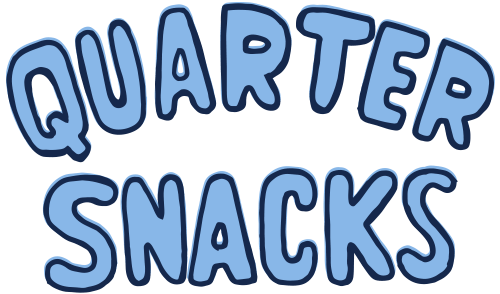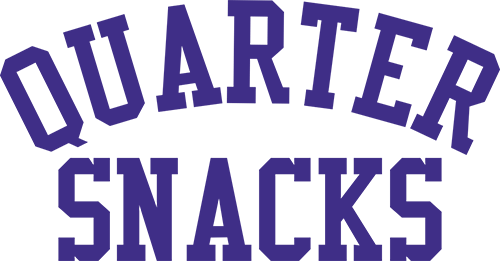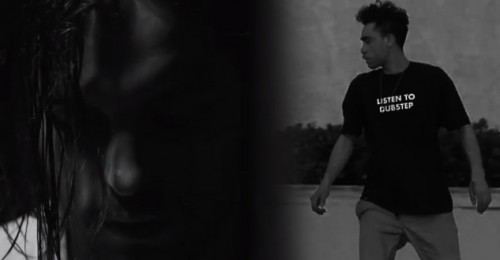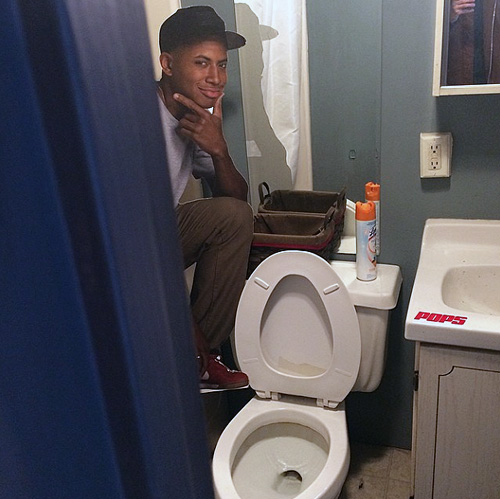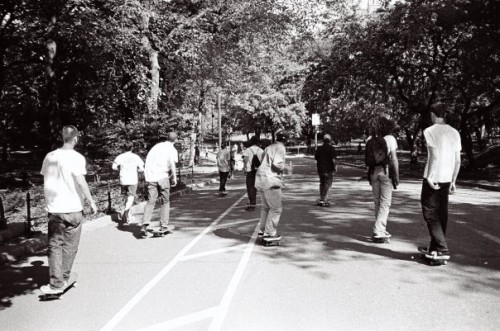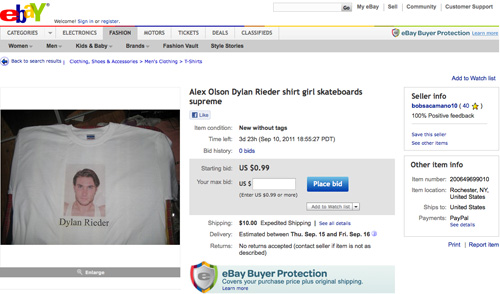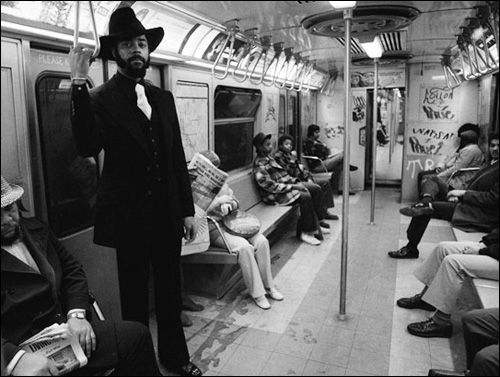Citizen Kane is famously Orson Welles’ only film without studio intervention. He was given a blank check and final edit to produce what has up until two years ago, been considered the greatest film ever made. It was one man’s singular vision, pure and unhampered by the wills of studio executives. He would spend the remainder of his career struggling with financing, re-cuts, and creative control over his projects.
Skateboarding does not allow such a thing.
Many talented skaters are plucked from high schools and put into tour vans before they receive their diplomas, or form a concrete understanding of rudimentary social codes that high school is good at providing. They don’t really know the outside world in the same way normal people with rocket switch flips do, as they are both blessed and cursed with the ability to ride a skateboard for a living.
In turn, industry father-figures are required to look after their best interests. “Don’t wear that stupid hat, people will think you’re a kook,” “Don’t skate to that corny song,” “Stop doing 270 shove-its out of everything,” “You need to take a shower and put on some deodorant,” etc. Trusted team managers, video editors, photographers and journalists are appointed guardians of many pro skaters’ #trueself — the one that never finished cooking in the oven known as “the real world.”
There is an understanding that genius on a skateboard is best left on a skateboard, and that we let the people who aren’t nearly as good at riding skateboards (the “studio execs” in this analogy) handle the mediated version of that genius.
But the system broke this summer. We have our Citizen Kane(s), so to speak.



